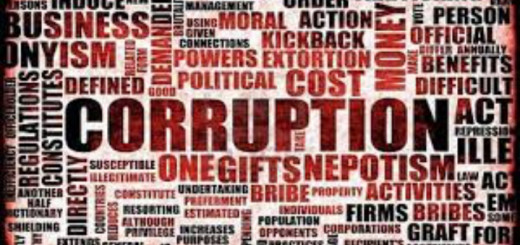Broadcat: A New and Innovative Tool to Promote the Compliance Message
Ricardo Pellafone, a long-time compliance professional, has created a new and exciting company — Broadcat (link here) — to provide new and innovative products to promote the compliance message. I asked Ricardo to contribute a post on his new venture. What’s the best kind of compliance information? The kind your executives and board of directors will listen to. As an in-house practitioner, your wheelhouse is...























